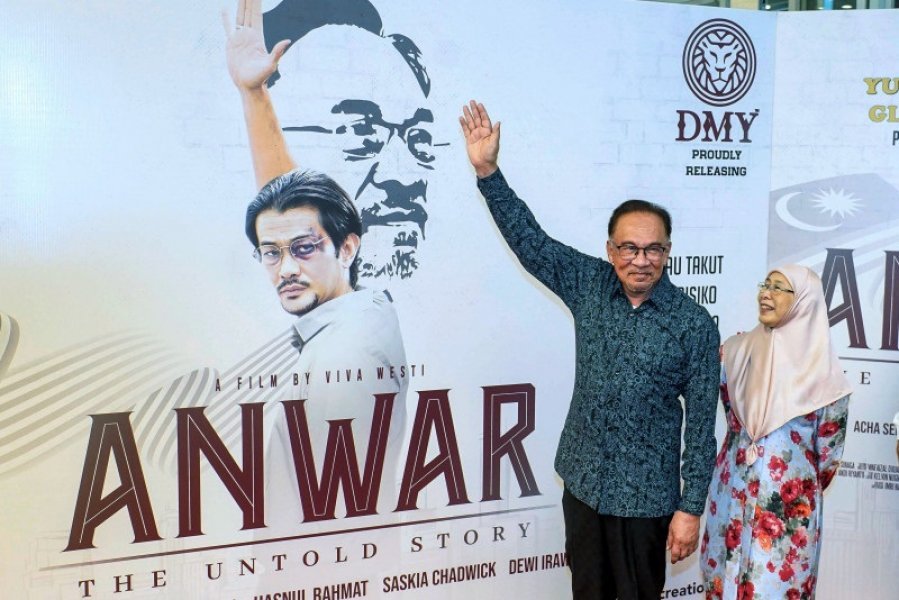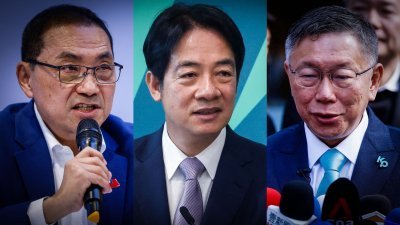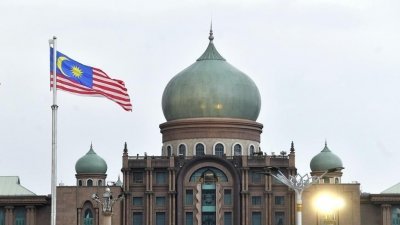随著国家迈入2024年,政治主要参与者和利益相关者应谨记,在过去20年来一再向国人承诺的最初改革议程和变革。
当年承诺和拥护的议程,不仅在大多数的重要层面仍未兑现,甚至还出现偏离、扭曲、倒退的现象。
在2007年,60个民间社会组织发表了一份宣言,指出了马来西亚在迈向发达和民主国家过程中的主要障碍和缺陷。
该份独立宣言指出:
“宣言的使命不仅仅是要恢复民主规范和实践。这也重申我们维护和支持关键机构和进程,打造一个充满活力和繁荣的民主制度。
我们呼吁所有马来西亚人支持这项宣言,并与我们一起促进强大的民主机制,保障行政、立法和司法三权分立,建立制衡机制,防止行政权力的垄断或滥用。否则,我们将看著这国家和人民被推向威权主义之路,走向不自由和受束缚的社会。”
今天年轻一代,特别是非马来人,必须更努力地维护和加强自有关宣言发布后,在过去3届大选政治日益分化下,受到侵蚀的基本权利和自由。
我们特别关注近期的事态发展,这需要加强审视和提出反对;
1.对世俗国家侵蚀:马来西亚政府不断伊斯兰化。
2.地方政府:民主精神应恢复到国家第三层次的政府。
3.媒体自由持续受到侵蚀:媒体并没有发挥作为审查和确保政府和治理上透明度的作用;民众应关注控制媒体机构是否受到直接监督和全面的公众问责。
4.法治削弱:法治应与行政权分离,以便司法部门能发挥真正独立作用;立法者和执法者都应遵守相同的法律和规范
5.在联邦体制方面:联邦政府应维护和尊重各州的权力,1963年《马来西亚协议》以及沙巴和砂拉越的权利和权益仍有待逐一落实。
6.法律改革:限制性和压制性法律,包括《2012年国安法》、《1971年大专和大专院校法令》、《1971年煽动法令》、《1984年印刷和出版法令》以及诽谤法基本上仍未改革,
7.《世界人权宣言》:马来西亚不只应认可,也应保障其他的个人权利,公民享有思想、良心和宗教自由、和平集会自由、见解、表达和言论自由,以及法律面前人人平等,不受歧视,
8.选举制度:确保其透明度,以实现自由和公正的选举;以及迫切需要重新划分选区,纠正长期存在的选举划分不公和不当的情况
9.在多元民族社会中致力于多元文化主义:国家的多样性,宗教、文化和语言的多元都应受到保护,同时承认伊斯兰教为国家宗教,以及马来人、原住民和土著的特殊地位。
马来西亚的政党应该加强支部和政党层面的基层民主,基层党员应可对党领导和公职候选人有直接投选权。随著政党内部充分民主化,未来的执政者将能更好地实现马来西亚政府和社会的民主化。
这些是马来西亚人的愿望,他们希望实现66年前在独立时向他们许诺的马来亚和马来西亚:以及由年轻一代拥有的马来西亚。
宣言当时的最终目标是让民众,特别是我们的政治家思维扎根于上述原则,以使国家真正建设工作不再被拖延或拒绝。
对于重返建国独立精神之际,人们也可能关注,为何没有对重大经济问题和挑战提出解决方案,例如社会经济不平等、腐败横行导致的贫困加剧、教育缺陷、竞争力下滑、日益臃肿的公务员体制和官联公司等。我们相信,持续的良好施政和高标准的治理,可以为马来西亚人应得的更美好国度奠定基础。
林德宜和默里汉特《多年前的政治承诺》原文:Political Promises From Long Ago
As the nation moves into 2024, major political players and stakeholders must be reminded of the original reformasi agenda and change that have been repeatedly promised to Malaysians during the last two decades.
The promises and espoused agenda not only remain unfulfilled in most of its important aspects. It is one in which there has been deviation, perversion and regression.
In 2007, 60 of the country’s civil society organisations issued a declaration which identified the major failings and obstacles to Malaysia’s progress and advancement towards a more developed and democratic nation
The Spirit of Merdeka declaration asserted:
“Our mission is not only with the restoration of democratic norms and practices. It is also to reaffirm our commitment to the safeguarding and support of vital institutions and processes that are the hallmark of vibrant and flourishing democratic systems.
We call on all Malaysians to support this cause and to join us in promoting a strong democracy in which the separation of power of the executive, legislative and judiciary is maintained, and checks and balances preventing the monopoly or abuse of power by the executive branch are in place. The alternative is to see our nation and people be driven down the road of authoritarianism towards an illiberal and shackled society.”
Here is a link to the original declaration
Today, the young generation, especially the non Malays, have to fight harder in protecting and enhancing the fundamental rights and freedoms eroded by failures from both sides of the political divide during the past three elections since the declaration was released to the public.
In particular we draw attention to the following recent developments that require heightened scrutiny, and opposition to;
1 Secular state erosion: where Malaysian administration is being continually Islamized,
2 Local government: where the spirit of democracy should be restored to the nation’s third level of democratic government,
3 Continuing erosion in media freedom: where the media has yet to play its role as an institution that continually scrutinises and ensures transparency of government and governance; and where concerned public should be be watchful that media control agencies are under direct scrutiny and full public accountability
4 Diminution of rule of law: where the rule of law should be separated from the executive government so the judiciary can perform a truly independent role; and lawmakers and law enforcers are subject to the same laws and norms
5. In federalism: where the authority of various states should be upheld and respected by the federal government, and where the implementation of the Malaysia Agreement 1963 and the rights and entitlements of Sabah and Sarawak still await fulfilment
6. Law reform: where restrictive and repressive laws including the Security Offences (Special Measures) Act 2012, Universities and University Colleges Act, 1971, Sedition Act, 1971, Printing Presses and Publicity Act, 1984, and defamation laws remain largely unreformed,
7. The Universal Declaration of Human Rights: which Malaysia subscribes to, and should provide that amongst other individual rights, citizens possess the rights to freedom of thought, conscience and religion, freedom of peaceful assembly, freedom of opinion, speech and expression, and equality before the law without discrimination,
8. The electoral system: where its integrity should be protected to enable free and fair elections; and where constituency redelineation is urgently needed to correct long standing electoral malapportionment and gerrymandering
9. Commitment to multiculturalism in a multi-ethnic society: where the nation’s diversity, religions, cultures, and languages should be protected, while recognizing the position of Islam as the religion of the nation, and the special position of the Malays and other native peoples, and indigenous communities.
Malaysia’s political parties themselves should enhance the roots of democracy at branch and party levels, where rank and file members have a direct say in who occupies both party administrative and public office candidates. With fully internalised democracy within political parties, future governments will be in a much better position to democratise Malaysian government and society.
These are the aspirations of Malaysians who want the realisation of the Malaya and Malaysia that was promised to them at Merdeka 66 years ago: and the Malaysia that is owed to the younger generation.
The ultimate ambition of this declaration is to ground the public, especially the mindsets of our politicians, with the above principles, in order that the true nation building work can no longer be delayed or denied.
Viewers of this call for renewal of the spirit of Merdeka may be concerned why major economic issues and challenges such as socio-economic inequality, growing impoverishment amidst endemic corruption, shortcomings in education, falling competitiveness, civil service and GLC bloat have not been addressed here. Our belief is that sustained good government and high standards of governance can provide the foundations for the better nation that Malaysians deserve.
要看最快最熱資訊,請來Follow我們 《東方日報》WhatsApp Channel.


















